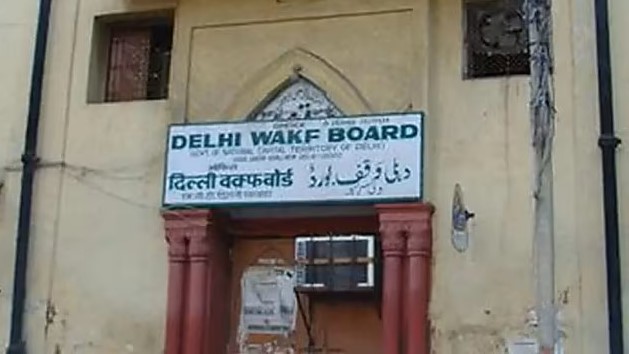3 May 2024: An unregistered lawyers’ association has lodged a Public Interest Litigation (PIL) in the Delhi High Court challenging the appointment of Delhi Government’s Principal Secretary (Home), Ashwani Kumar, as the Administrator of the Delhi Waqf Board. The PIL contends that Kumar’s appointment is deemed “illegal, arbitrary, and against the interest” of the board.
The plea, presented by the Secular Front of Lawyers, asserts that the primary issue at hand revolves around the reconstitution of the Delhi Waqf Board, whose term expired last August without undergoing fresh reconstitution. Instead, the government appears to be invoking Section 99 of the Waqf Act, designed for situations of board supersession, resulting in an indefinite delay.
Senior advocate Salman Khurshid, representing the petitioner, highlighted concerns regarding a conflict of interest, as Kumar, who also heads the religious committee of the Delhi Government, has been entrusted with the role of Waqf Board Administrator. This amalgamation, Khurshid argues, poses significant ethical dilemmas, particularly in decision-making processes concerning properties with religious implications.
The PIL further alleges that instead of safeguarding Waqf properties, the appointed administrator seems inclined towards their destruction. Kumar assumed the administrator role on January 10 this year, raising questions about the fate of longstanding Waqf properties, historically recognized and legally documented.
During proceedings, the bench flagged recurring issues concerning Waqf property misuse, citing disputes over numerous properties, some situated in prime locations within the national capital. The bench expressed dismay over unauthorized constructions and encroachments facilitated by alleged connivance between Waqf and Delhi Development Authority (DDA) officials, resulting in the exploitation of valuable properties.
The PIL seeks a directive to restrain Kumar from making any decisions regarding Waqf properties while serving as the board’s administrator. Additionally, it urges the authorities to expedite the constitution of the Delhi Waqf Board, emphasizing the urgency of addressing governance gaps and preventing further exploitation of Waqf assets.
The matter is scheduled for further deliberation on May 8, as the court grapples with balancing administrative integrity, legal compliance, and the imperative to protect the interests of religious institutions and their properties.




